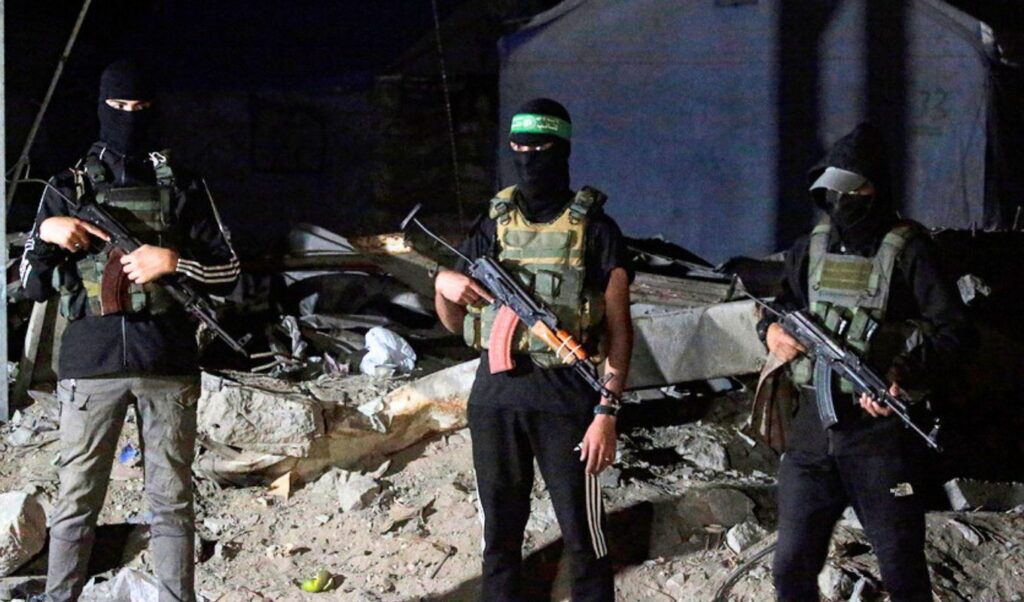One week after the Israel and Hamas agreement, new challenges threaten the stability of the Gaza ceasefire. The Palestinian organization sets clear conditions for continuing the peace process, categorically refusing its disarmament. According to statements by Mohammed Nazzal, a member of Hamas’s political bureau to Reuters, the organization intends to maintain security control in the Gaza Strip during the transitional period.
Read: Noam Katz on Gaza: Strict adherence to ceasefire agreement for sustainability
Hamas maintains security control
Nazzal, speaking from Doha where many organization officials are based, emphasized that Hamas cannot commit to disarmament without specific conditions. The organization expresses readiness for a ceasefire lasting up to five years to achieve reconstruction of devastated Gaza. However, next steps depend on whether Palestinians gain hope and prospects for an independent state.
Disarmament under terms and conditions
When asked about weapons handover, Nazzal responded ambiguously: “A simple yes or no answer isn’t possible. It depends on the plan’s nature. To whom would weapons be handed over?” The disarmament issue, as he noted, doesn’t concern Hamas exclusively but other Palestinian armed groups, making broader Palestinian consensus essential.
Transitional period with dual control
During the transitional phase, Hamas plans to maintain presence “in the field” for security reasons. The goal is protecting humanitarian flows from gangs and other armed groups operating in the area. Politically, a technocratic administration is envisioned, while Hamas maintains operational ground presence. After the transitional period ends, elections will be held to determine future governance.
A significant element is that Hamas hasn’t yet discussed creating an international stabilization force with mediators, as proposed in the American plan. This dialogue absence may create additional obstacles to implementing long-term regional solutions. These developments show the Gaza ceasefire faces significant challenges, with Hamas’s conditions decisively affecting future negotiation trajectories.




